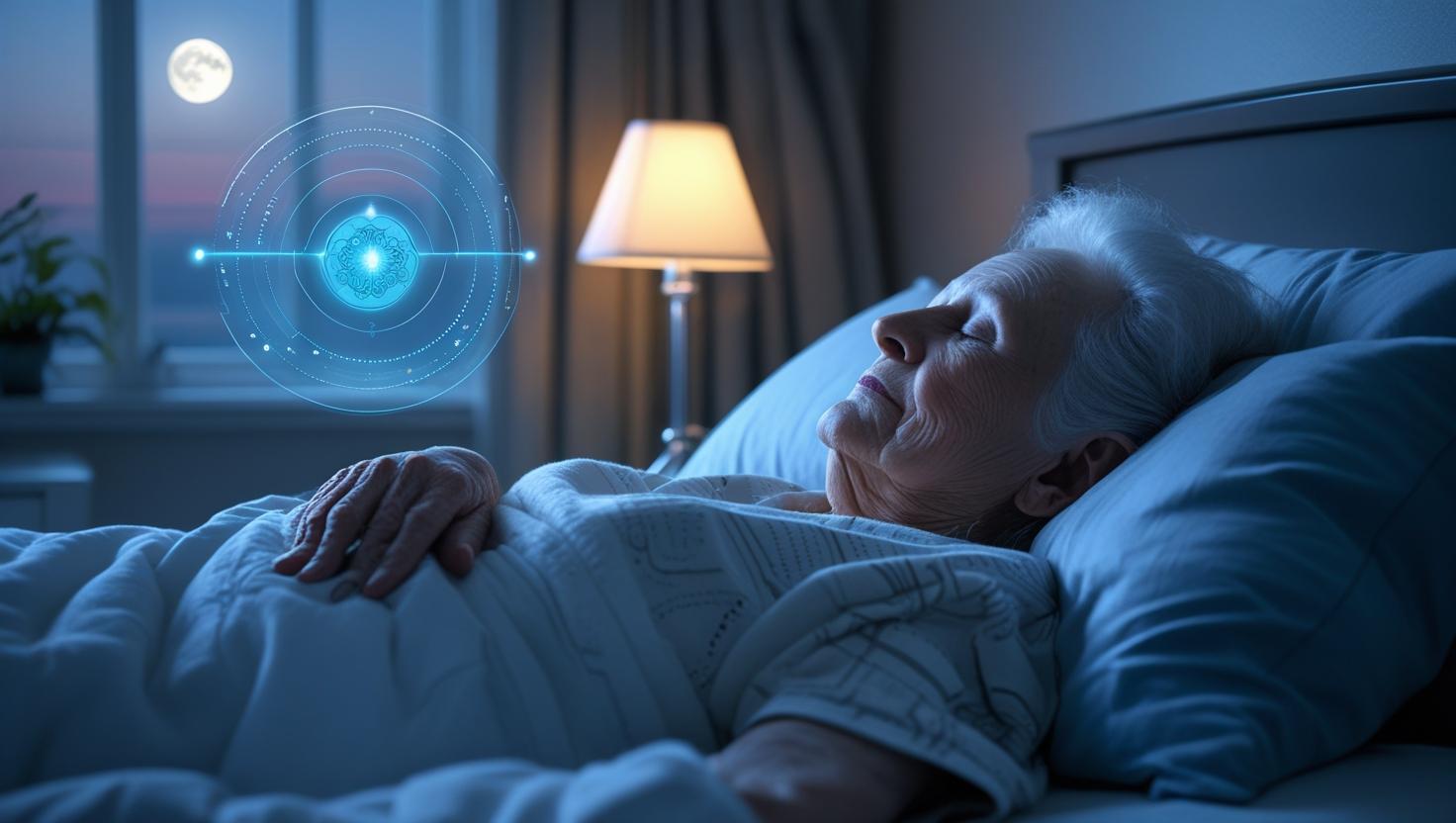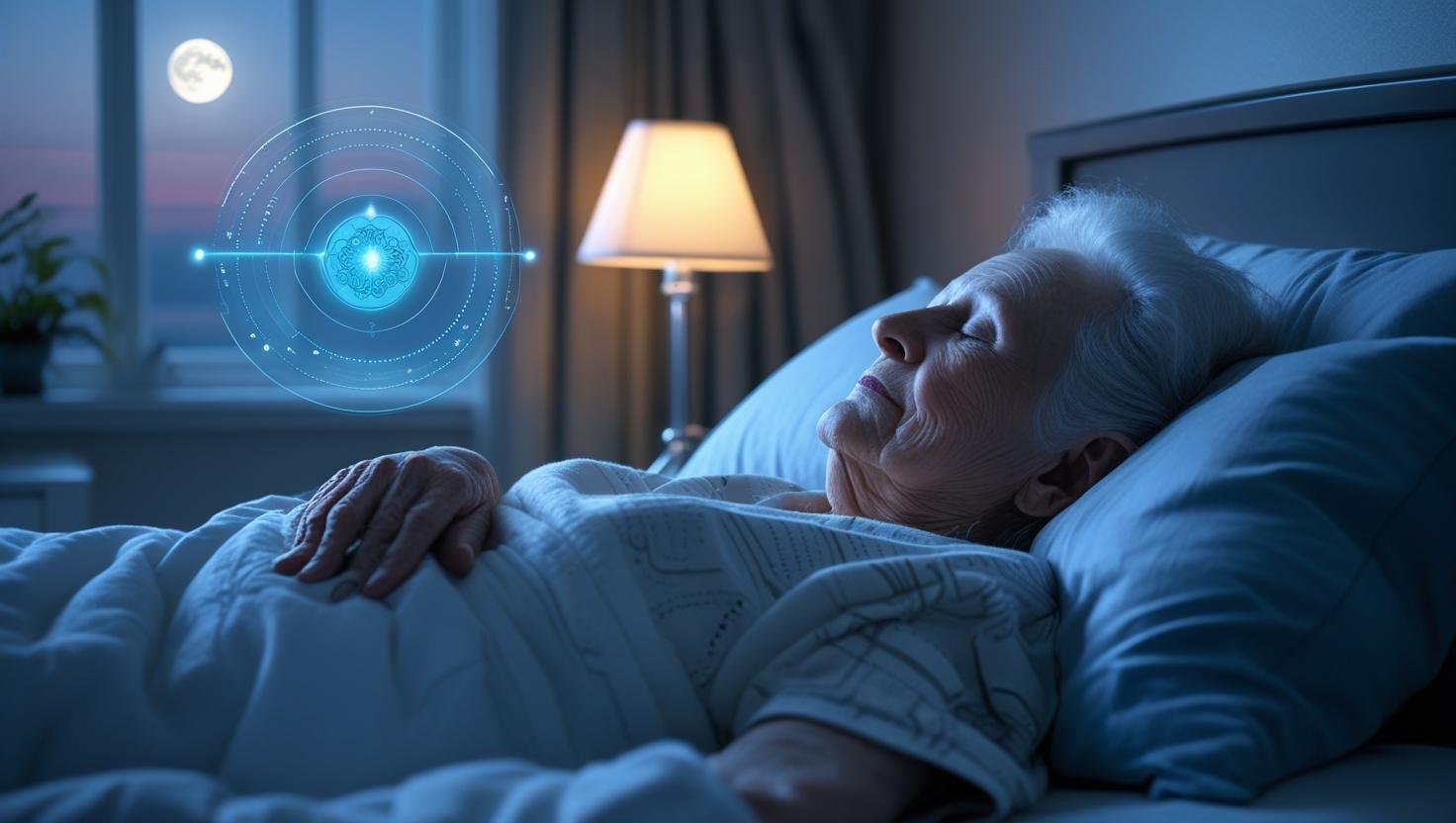
Radar Technology Redefines Vital Sign Monitoring
Radar sensing is no longer just for vehicles or industrial systems—it's rapidly transforming how we monitor human health. Using Vital Sign Radar, healthcare providers and caregivers can now monitor breathing and heart rate without physical contact. This not only protects vulnerable individuals but also simplifies long-term care and patient observation across hospitals, homes, and emergency scenes.
How Vital Sign Radar Works Without Touch
Unlike wearables or wired monitors, vital sign radar operates by detecting micro-movements caused by breathing and heartbeats. These high-frequency millimeter-wave (mmWave) sensors sit discreetly in ceilings, walls, or bedside devices, emitting signals that bounce off the human body and return with valuable biometric information.
Linpowave's radar platform offers high sensitivity in detecting:
-
Minute chest movements due to respiration
-
Subtle body vibrations from cardiac activity
-
Presence or absence of life signals in real time
This data is processed via edge computing units and securely transmitted to caregiver dashboards or hospital networks.
Key Scenarios for Radar-Based Health Monitoring
The versatility of contactless radar monitoring extends across multiple care environments:
Hospital ICU and Isolation Wards
Avoid direct exposure to infection and reduce the use of intrusive wired sensors.
Elderly Care and Assisted Living
Track breathing patterns of seniors without disturbing their sleep or comfort.
At-Home Recovery
Support post-surgery patients or individuals with respiratory illness through non-invasive observation.
Emergency Search and Rescue
Detect signs of life under rubble or in closed spaces without physical contact.
Choosing the Right Radar Device for Different Settings
Depending on deployment scenarios, radar modules can be integrated into:
| Application Scene | Recommended Radar Setup | Traditional Device Alternative | Key Advantages Over Traditional |
|---|---|---|---|
| ICU or Hospital Room | Wall-mounted mmWave radar | ECG + Pulse Oximeter | No wires, faster triage |
| Elderly Bedroom | Ceiling-installed presence + breath radar | Wearable heart monitor | No discomfort or maintenance |
| Emergency Response Drones | Compact radar with AI interpretation | Thermal camera + IR sensor | Works in smoke/dark/confined |
| Smart Beds/Chairs | Embedded radar panel | Pressure or contact-based sensors | Continuous + invisible sensing |
Powered by Linpowave
Linpowave has deployed healthcare radar units across smart elderly apartments and rehabilitation clinics. In one Chinese care facility, our wall-mounted radar modules enabled continuous overnight monitoring for seniors with chronic respiratory conditions—without disturbing their rest or requiring manual checks.
In post-COVID hospital wards, Linpowave’s systems were used to automate respiratory trac
Common Questions About Vital Sign Radar
1. Can radar detect heartbeat accurately through clothing or blankets?
Yes. mmWave radar penetrates typical fabrics and bedding to measure micro-vibrations caused by heartbeats and breathing.
2. How is the data protected?
Vital sign data is processed locally (edge computing) and can be encrypted before integration with health systems.
3. Does the radar emit harmful radiation?
No. The energy level is extremely low and safe for humans, comparable to Wi-Fi signals.
4. Can it replace traditional ECG machines?
It complements them, especially in passive or long-term monitoring where contact-free data collection is preferred.
5. What’s the installation process like?
Radar modules can be wall- or ceiling-mounted, and Linpowave provides tailored setup based on the monitoring space.
Why Contactless Radar is the Future of Patient Monitoring
As healthcare moves toward automation, comfort, and safety, vital sign radar is poised to become a critical tool in modern caregiving. Linpowave delivers high-performance sensing platforms that bridge clinical accuracy with patient-centered design.
Whether you're managing an ICU, designing a smart elder care solution, or enabling touchless post-op recovery monitoring—radar sensing creates a healthier, more secure environment for all.
To explore how our radar solutions can support your healthcare project, visit our homepage or contact us here.



